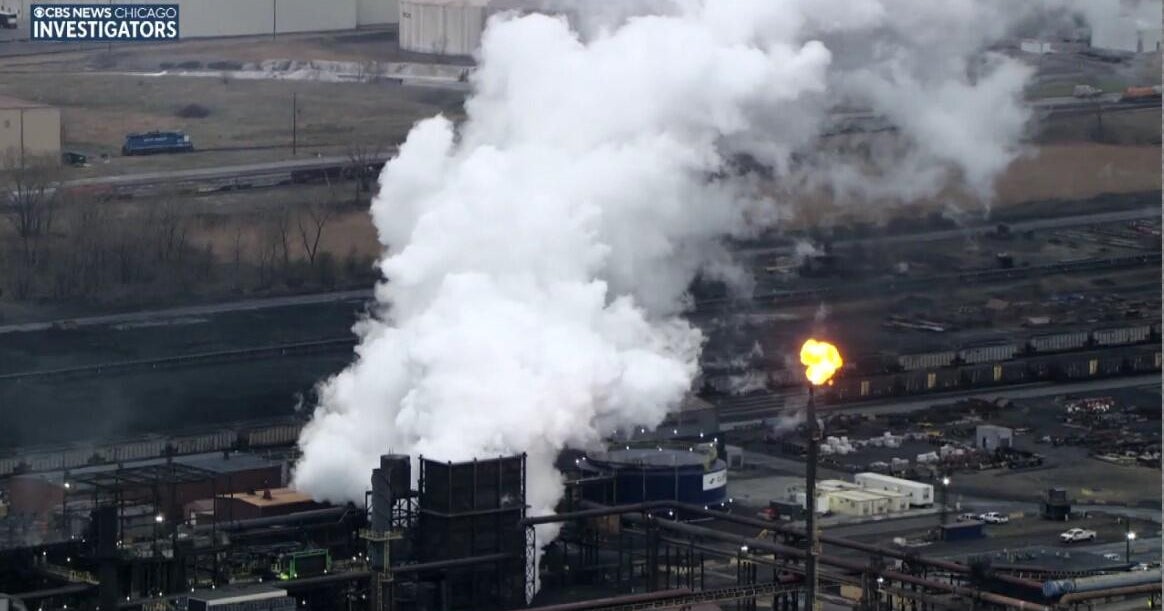What is hydrogen energy, and is it a key to fighting climate change?
Word from the Biden administration that the U.S. will invest $7 billion to create seven regional hydrogen hubs may have left some Americans wondering how such facilities can help in the flight against climate change.
The White House calls the development of clean hydrogen "essential" in weaning the country off fossil fuels and achieving the government's goal achieving net-zero greenhouse gas emissions in by 2050. Here's what to know about hydrogen energy.
What exactly is hydrogen?
Hydrogen is the simplest, most abundant element on earth, accounting for 10% of a human's body weight, according to the U.S. Department of Energy. It's also the most ample element in the universe, with stars including our sun basically giant balls of hydrogen and helium gases.
Hydrogen occurs naturally in compound form with other elements in liquids, gases or solids. Combined with oxygen, hydrogen makes water. Combined with carbon, hydrogen forms different compounds called hydrocarbons, which are found in natural gas, coal and petroleum.
How is hydrogen produced, and why is it controversial?
Currently, most hydrogen is produced from fossil fuels like coal or natural gas, processes that emit greenhouse gases. Although hydrogen brings the promise of being a carbon-free energy carrier, environmental organizations warn that increased production could further ramp up the nation's appetite for fossil fuel-derived electricity and emit more greenhouse gas emissions.
"Making hydrogen from natural gas means leftover carbon dioxide needs to be captured and safety stored in perpetuity, and methane emissions much be controlled more effectively than they are today," Beth Trask, vice president, global energy transition, Environmental Defense Fund, said in a statement about the Biden administration's efforts to spur hydrogen development. "Projects making hydrogen using renewable energy shouldn't be competing with other electricity users who would have to fall back on fossil fuels."
Is there a cleaner way to produce hydrogen?
A relatively new technological development known as green hydrogen is produced using electricity from renewable sources, which limits carbon emissions. It can also be produced using natural gas with carbon capture. Longer term, the idea is to use solar energy and biomass to more directly generate hydrogen as new technologies make alternative production methods competitive with other energy sources.
The cost of hydrogen production is among the biggest hurdles to widespread use, and the Biden administration is looking to reduce the expense by 80% to $1 a kilogram by 2030. That goal is currently out of reach for green hydrogen, partly due to higher renewable power costs, according to consultancy Wood Mackenzie.
How much hydrogen does the U.S. produce?
The U.S. each year produces more than 10 million metric tons of hydrogen, containing nearly as much energy as the petroleum fuel used annually by every commercial light-truck, bus and passenger train in the country combined, according to the DOE's Office of Energy Efficiency & Renewable Energy.
How is hydrogen used now?
Hydrogen can carry and store a huge amount of energy, but it is not an energy source. It can be used in fuel cells to generate electricity, or power and heat. It's most commonly used in petroleum refining, fertilizer production, food processing, steel manufacturing and cosmetics. Due to its high energy content per unit of weight, hydrogen is also used as rocket fuel and in fuel cells to produce electricity on certain spacecraft.
How will it be used in the future?
Transportation and utilities are emerging markets, with more than 70,000 hydrogen-powered forklifts already moving warehouse products around and increasing investments in clean hydrogen for long-haul trucks and transit buses.
Over the long terms, hydrogen could help decarbonize a slew of industries and contribute to more than 20% of annual global emissions reductions by 2050, according to an analysis by McKinsey & Co.



